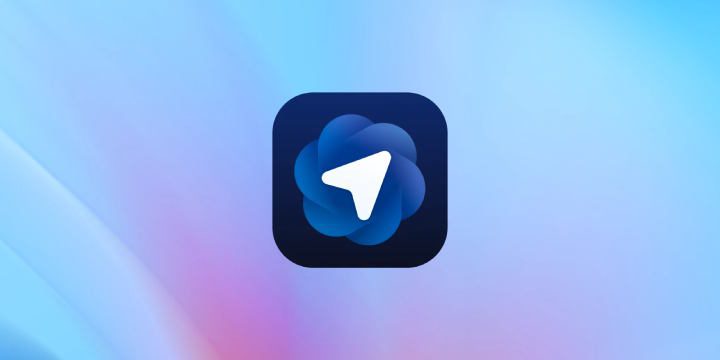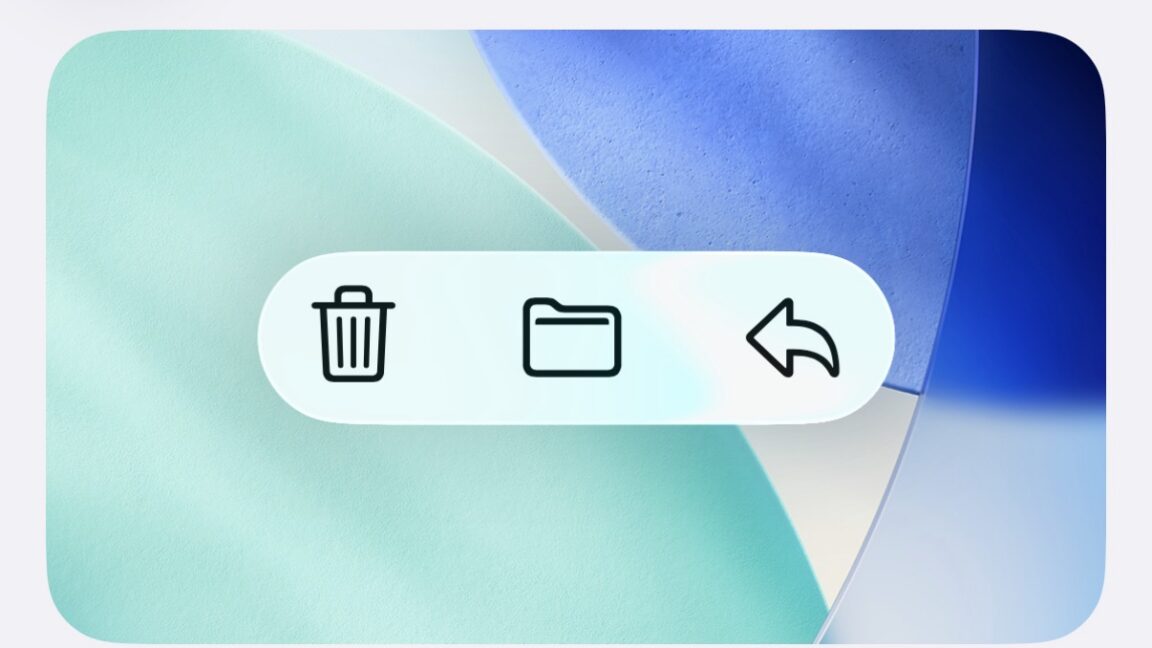
openai looks for its google chrome moment OpenAI has unveiled its new Atlas web browser, aiming to revolutionize the way users interact with the internet through its ChatGPT language model.
openai looks for its google chrome moment
Introduction to Atlas
In a significant move reminiscent of Google’s launch of Chrome in 2008, OpenAI has introduced the Atlas browser, designed to enhance the integration of its ChatGPT large language model into everyday web browsing. The primary question driving this initiative is, “What if I could chat with a browser?” This innovative approach seeks to transform how users engage with online content, making the browsing experience more interactive and conversational.
Vision Behind Atlas
During a live stream announcement, OpenAI Founder and CEO Sam Altman articulated the vision for Atlas, stating that the browser will enable users to “chat with a page.” This feature aims to position ChatGPT as a fundamental tool for users navigating the vast expanse of the internet, a space where much of modern work and life unfolds. Altman emphasized that the future of internet usage should blend the chat experience with web browsing, creating a more intuitive and engaging online environment.
The Role of ChatGPT
ChatGPT has already established itself as a powerful tool for generating human-like text and answering queries. By integrating this technology into a web browser, OpenAI aims to enhance the user experience significantly. Users will be able to ask questions about the content they are viewing, receive explanations, and engage in a dialogue with the information presented on the page. This interaction could lead to a deeper understanding of the material and a more personalized browsing experience.
Features of the Atlas Browser
Atlas is designed with several key features that set it apart from traditional web browsers:
- Conversational Interface: Users can interact with web pages through a chat interface, allowing for real-time questions and answers.
- Contextual Understanding: The browser utilizes ChatGPT’s capabilities to provide context-aware responses, making it easier for users to grasp complex topics.
- Seamless Integration: Atlas aims to integrate smoothly with existing web technologies, ensuring that users can access their favorite sites while benefiting from the conversational features.
- Accessibility: OpenAI has prioritized making Atlas user-friendly, ensuring that individuals of varying tech-savviness can navigate and utilize its features effectively.
Availability and Future Plans
The Atlas browser is currently available for download on macOS, with promises from Altman that versions for Windows and mobile devices will follow shortly. This phased rollout is part of OpenAI’s strategy to gather user feedback and make necessary adjustments before a broader release. The company aims to ensure that Atlas meets the needs of a diverse user base, which includes professionals, students, and casual internet users alike.
Implications for Users
The introduction of Atlas could have far-reaching implications for how users interact with the internet. By enabling a conversational browsing experience, OpenAI may redefine the role of web browsers in information retrieval and engagement. Users may find themselves spending less time sifting through search results and more time engaging directly with the content they are interested in.
This shift could also impact how content creators and businesses approach their online presence. With users able to ask questions directly related to the content, there may be a greater emphasis on clarity and accessibility in online materials. Content that is well-structured and easy to understand could see increased engagement, as users are more likely to interact with material that can be easily queried.
Market Context and Competition
OpenAI’s entry into the web browser market comes at a time when competition is fierce. Established players like Google, Microsoft, and Mozilla have dominated the space for years, each offering unique features and capabilities. Google’s Chrome, for example, has become synonymous with speed and efficiency, while Firefox has carved out a niche for privacy-conscious users.
OpenAI’s Atlas will need to differentiate itself in this crowded market. The integration of ChatGPT offers a unique selling proposition, but the company must also ensure that the browser is fast, secure, and compatible with a wide range of web technologies. User adoption will largely depend on how well Atlas performs in these areas, as well as its ability to deliver on the promise of a more interactive browsing experience.
Stakeholder Reactions
The announcement of Atlas has garnered mixed reactions from industry stakeholders. Some experts in the tech community view the browser as a bold step forward, potentially setting a new standard for how users interact with online content. Others, however, express caution, noting that the success of Atlas will depend on its ability to deliver a seamless user experience without overwhelming users with complexity.
Privacy advocates have raised concerns about how OpenAI will handle user data within the Atlas browser. Given the increasing scrutiny on data privacy and security, OpenAI will need to address these concerns transparently to build trust with users. The company has indicated that it is committed to user privacy, but the specifics of its data handling practices will be closely monitored as Atlas gains traction.
Potential Challenges Ahead
While the vision for Atlas is ambitious, several challenges lie ahead for OpenAI. One significant hurdle will be ensuring that the browser can handle the vast array of content available on the internet. The conversational interface must be able to provide accurate and relevant answers across diverse topics, which may require continuous updates and improvements to the underlying AI model.
Additionally, OpenAI must navigate the technical challenges associated with integrating ChatGPT into a web browser. Ensuring that the AI can respond quickly and accurately without causing delays in the browsing experience will be crucial. Users expect a fast and responsive browser, and any lag could lead to frustration and abandonment of the platform.
Future Developments
As OpenAI continues to develop Atlas, user feedback will play a critical role in shaping its evolution. The company has expressed a commitment to iterative improvement, suggesting that updates will be rolled out regularly based on user experiences and suggestions. This approach could help OpenAI refine the browser and address any issues that arise as more users adopt the platform.
Looking ahead, OpenAI may also explore partnerships with content creators and educational institutions to enhance the value of Atlas. Collaborations could lead to the development of specialized features tailored to specific user needs, further solidifying Atlas’s position in the market.
Conclusion
OpenAI’s introduction of the Atlas web browser marks a significant step in the evolution of online interaction. By integrating ChatGPT into the browsing experience, OpenAI aims to create a more engaging and conversational way for users to access information. While challenges remain, the potential for Atlas to redefine how users interact with the internet is substantial. As the browser becomes available to a wider audience, its impact on user behavior, content creation, and the broader web ecosystem will be closely watched.
Source: Original report
Was this helpful?
Last Modified: October 22, 2025 at 3:37 pm
0 views















